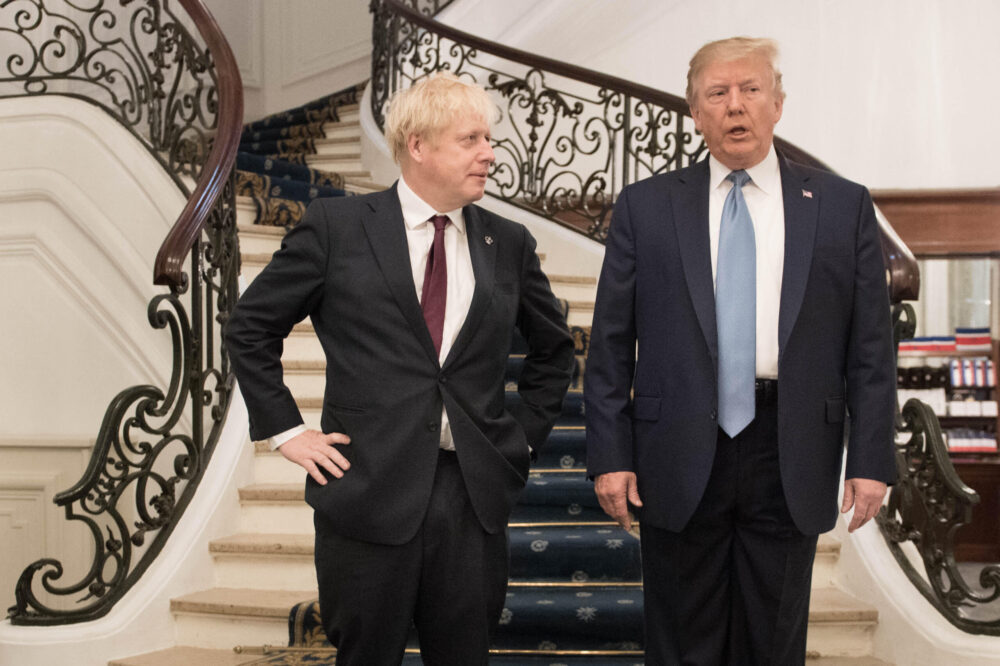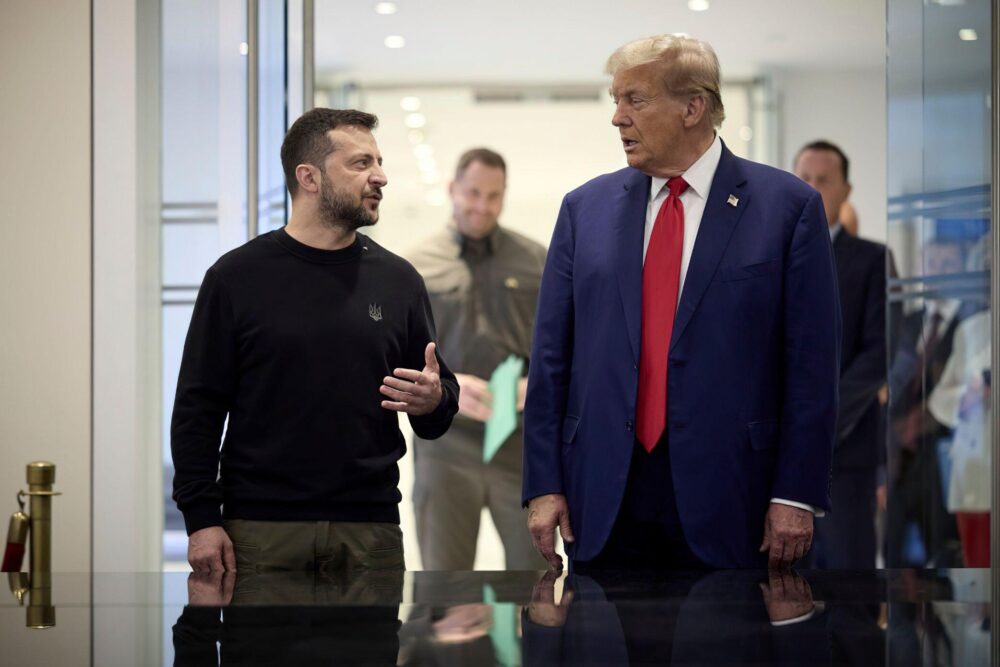
Mitt Romney is a successful businessman, a former Governor of Massachusetts, a father of five and a grandfather of twenty-four (yes), and one of the few people in the world who can answer the question I most wanted to ask when I sat down with him at his home in San Diego: what is it like to run for President of the United States?
“You know, I think most people would assume it’s a gruelling, awful experience. I would tell you that it is exhausting, but it is invigorating at the same time… I say to friends, if you get the chance to run for President of the United States, do it. It’s a great educational and uplifting experience.”
Romney’s father ran for President in 1968. “I saw him lose. He used to joke that his campaign was like a miniskirt, short and revealing. My campaign was longer, but also revealing.” About himself, the experience taught him that “we can do more than we think we can. Had you told me the level of work and involvement, the number of speeches and the travel that I was going to be involved with, I might tell you that’s not something I can keep up with. But in fact you can dig very deep when things matter greatly.”
About the country, it underlined that “we’re conflicted as a people right now.” As well as patriotism, pride and hope, “there is a growing stream of anger and resentment, defeatism, victimhood, and a lot of people are sort of torn in both ways. We have our better angels and our darker angels, if you will, and politicians and leaders of all kinds can draw on the one or the other.”
Still, the campaign had its moments, not least walking out to tens of thousands of cheering Republicans to accept their nomination for the presidency. What did he feel as he walked to the podium? “Well, if my mother-in-law could only see me now.” It was “a very encouraging moment… Heck, who wouldn’t love to be in a stadium full of people cheering for you? It felt good; at the same time I knew, boy I’ve got to make sure not to let these people down.”
Even for someone with Romney’s experience, some parts of the campaign were tough to get to grips with, such as debate technique. “For someone in the private sector it’s very hard to incorporate the advice you get time and time again from the professionals, which is, never answer the question. And I used to laugh at that. When people ask me a question I answer what they asked me. But politicians have learned not to do that because the questioner is trying to catch you, so they always pivot to something that sounds like they’re answering but they’re not. And I found that almost impossible to do.”
Though it can be tempting to blame the media for failing to convey the message you have so carefully crafted, their responsibility is to their viewers and listeners. “They don’t want to hear what Romney’s tax proposal is for companies of a certain scale, no, they want to hear about, you know, ‘he sneezed in the microphone’.” That can be frustrating, but “it is not the job of the media to carry out your game plan. It’s their job to try and reveal who you are.” The best candidates are able “to hone their message and stick to it day in and day out, and I wish I’d been better at that.”
One former adviser, Mike Murphy, had helped him avoid the distractions of the day-to-day news cycle by insisting on certain conditions before joining the Romney team. “Number one was that I was not allowed to read the newspaper. And I laughed and said, ‘you’re kidding’, and he said ‘no, no, you can read the other stories, but you can’t read any stories about you or your campaign’.” Television news was permitted, but “‘you can’t read the stories. If you do read the stories, you’re going to find yourself responding, sometimes subconsciously, to something that some twenty-one year-old writer has come up with, and it’s going to throw us off message’. And I adopted that policy, such that even when I was running for president I did not read the stories about me or the campaign.”
As I recalled from the 2012 Republican Convention in Tampa, the party had seemed very confident of beating President Obama. When had Romney realised it wasn’t going to happen? “Not until election night did we recognise that I would lose in 2012. I remember distinctly looking at Ohio numbers in the polls, and we were winning with independent voters by a very good margin. And my team said, if you win independent voters in Ohio, and you win your own party, Republican voters, you’re going to win this thing. There’s just no way you’re not going to win.” But there was always the caveat: depending on who turns out to vote. “On election night, we began seeing reports of very long lines in voting places where minority voters in Ohio would be voting, far longer lines than had existed in 2008 when President Obama was first elected, and we began to realise this could be a tough night.”
Since, for Romney, there was more to life than politics, he took defeat itself in his stride. “I can imagine for people who define themselves by winning elections, that losing an election could be devastating. I define myself by my relationship with my wife, my family, my God, my life has been successful in the arena of business where I’ve spent most of my career, so when the election was over I went back to my family and my business and my life went on.”
But in an echo of his thoughts on accepting the nomination, “the hardest thing for me was recognising how many people I had let down. That’s the hardest part. Some people had spent hours, days, weeks on the road, knocking on doors for me, making phone calls. Others had gotten their friends to give money to my campaign. And these people counted on me to win and I didn’t.”
In March this year, Romney set out in unambiguous terms why he thought Donald Trump should not become President (at one point tweeting “his promises are as worthless as a degree from Trump University”). Once the primaries were over he decided to keep his own counsel, until the now notorious 2005 tape was leaked last weekend. “With the tape of his vulgar and demeaning comments about women, I felt that I had to say something again, to simply point out to the women of America, and to the men of America, that we’re better than that… these comments were so over the line that I felt that the interests of our coming generations called for me, along with many other people, speaking out.”
If Trump loses the election, as Romney expects, “I think there would be many, many people who still carry his banner, a banner of, if you will, anger, resentment, wanting dramatic change, different policies on immigration and trade than we have typically adopted as a party – versus those who are the more traditional, mainstream Republicans. And whether they can come back together again or not is a darned good question.”
What would it take to make that happen? “A person of unusual skill. A Churchill, an Eisenhower, a Reagan, who is able to step forward and bring people together. I don’t know that we will see that person in 2020 or in the months leading up to that. But absent that kind of leadership, I think it will be very difficult for Humpty Dumpty to be put back together again.”
Could he be that leader? “I had my chance. I was someone who clearly came down on the side of the anti-Trump forces, so I’m not sure those Trump supporters would be anxious to see me come in and try and pull things together.” One of the younger faces in the party might emerge as that leading figure. “But I’m not running for anything again.”


